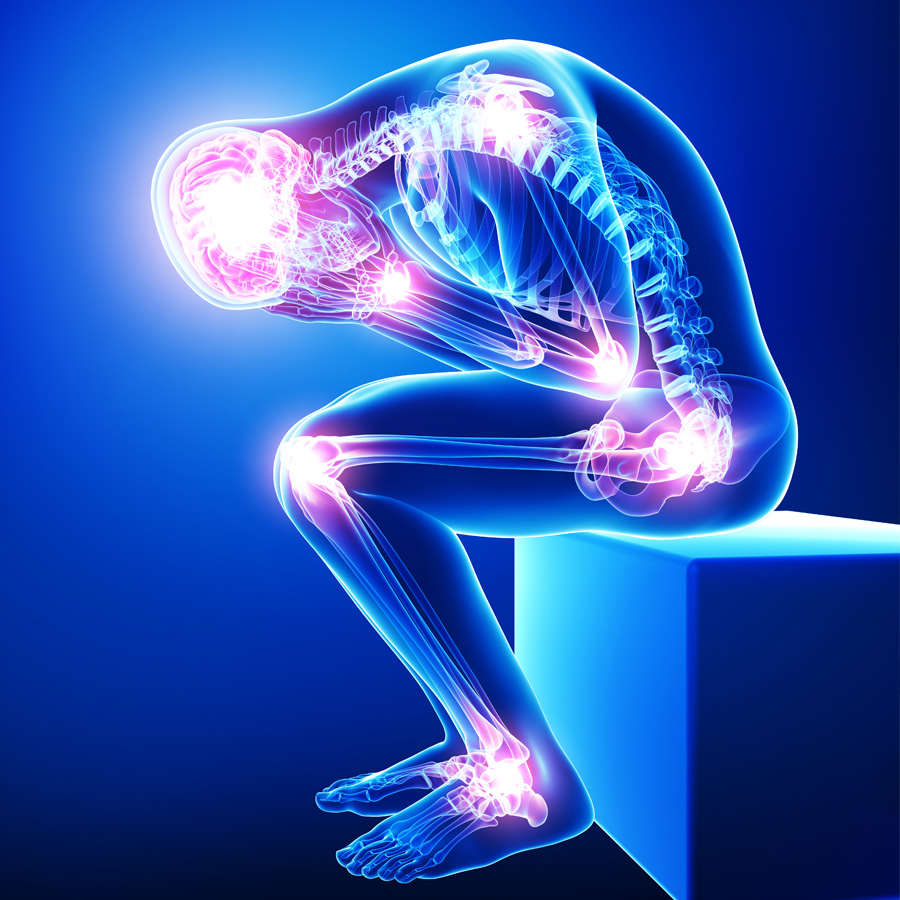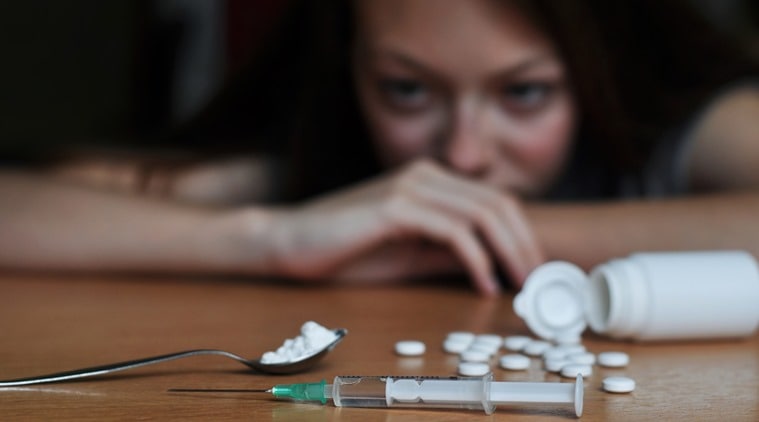Depression is a mental health disorder that can impact a person's thoughts, behaviors, and emotions. It can be caused by a variety of factors and is a complex condition that often has multiple causes. Here are 5 common causes of depression:
Genetics: Depression can run in families, suggesting a genetic component to the condition. Individuals with a family history of depression may be more likely to develop the condition themselves. However, genetics alone do not cause depression, and environmental factors can also play a role.
Brain chemistry: Depression is associated with imbalances in certain chemicals in the brain, such as serotonin and dopamine. These chemicals help regulate mood, and when they are out of balance, it can lead to symptoms of depression. This is why some medications that target these chemicals, such as selective serotonin reuptake inhibitors (SSRIs), are used to treat depression.
Life events: Traumatic or stressful life events can trigger depression in some individuals. These events can include the loss of a loved one, divorce, financial difficulties, or a major life change such as moving or starting a new job. Even positive life events, such as getting married or having a child, can be stressful and trigger depression.
Medical conditions: Certain medical conditions, such as chronic pain or thyroid disorders, can increase the risk of depression. In some cases, the medications used to treat these conditions can also contribute to depression.
Substance abuse: Substance abuse, including alcohol and drug use, can increase the risk of depression. Substance abuse can also worsen symptoms of depression in individuals who are already struggling with the condition. It can be a vicious cycle, as individuals may turn to substances as a way to cope with their depression, which can in turn worsen their symptoms.
It's important to note that while these are common causes of depression, every individual's experience is unique, and there may be other factors at play. Additionally, not everyone who experiences these risk factors will develop depression.
If you or a loved one is struggling with depression, seeking professional help is important. A mental health professional can provide support and guidance in managing and treating depression. There are a variety of treatments available, including therapy, medication, and lifestyle changes. It's important to find the treatment plan that works best for you and to work with a mental health professional to develop a plan for managing your depression long-term.




:max_bytes(150000):strip_icc()/complete-keto-diet-food-list-what-you-can-and-cannot-eat-if-youre-on-a-ketogenic-diet-3-cd4cd1fc60cb455bbe7eee6e3a7d4d2c.jpg)
沒有留言:
張貼留言